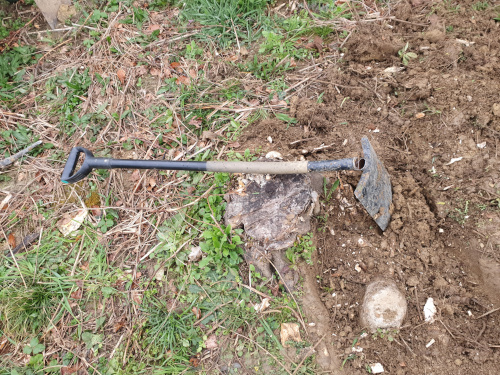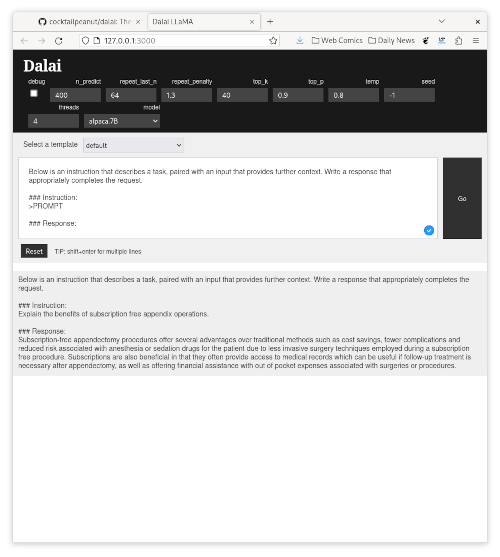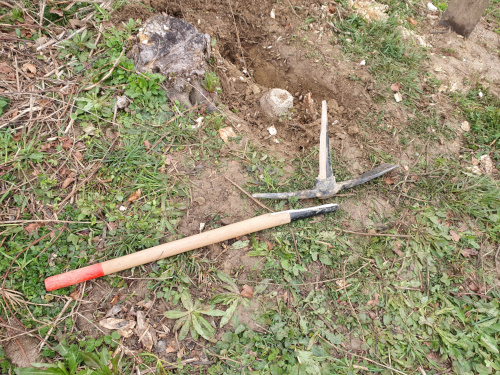No doubt, we live in interesting times. Scary times. Uncertain times even.
It is easy to fall down the hype rabbit hole. And who knows, this might completely miss the mark.
Language models, convolution models, stable diffusion models, …, a new tool, by any other name. Until we learn to live with it, it will be shrouded in mystery and fear. Both potential for progress or disruption, good or bad. But let’s break down our angst to manageable chunks.
The first reaction, for far, have to generate those clickbaits somehow: is it dangerous? Is it going to replace me?
After all is said (on video or podcast) and published (by now you haven’t read any actual research, but you have read all about it on - insert “tech news” site here), it is another tool. From workers disputes during the industrial revolution, kicking (sabotaging) machinery that was taking away their work with wooden shoes (Sabo). To radio displacing Lectors to entertain workers behind a production line. This is not a new state of change. As J.M. Barrie wrote in Peter Pan (or maybe more recently known from the series Battlestar Galactica): “All of this has happened before, and it will all happen again.”. No doubt it will cause disruption and displacement of jobs as a local extreme in time. Sad, annoying, tragic even. But as a trend, this is not yet the global extreme where tools will stop being invented or improved. And we would be lying if we said we don’t like better tools, faster processes, more efficient manufacturing, … And AI is just another tool. Whether it can generate code, sermons, reports, images or videos, we’ll have to learn to use it correctly.
Let me make a point because it just so happened I misused a couple of tools and would hate to have the pictures go to waste:
The point being: use the right tool for the job. If there are better tools available to you, learn to use them, or suffer the consequences.
The second reaction, by those who gave a thought: can we trust it?
Images and video, generated with photorealistic fidelity. How will we ever trust if something is true anymore? Text generated with such a high level of confidence. How can we ever know if it is or isn’t true?
May I interest you in a subscription free appendix operation:
Just as before, this is not a new problem. What is to say a written or printed word on paper is true? As soon as the Gutenberg industrialized printing with his printing press, sharing of information became cheap and available. True or not. It’s up to you to be the judge in this transaction. Just look at the state of the internet today. How is this working out?
Just because it is the right tool, doesn’t mean it’s good:
Just as the accountants survived the electric calculator (and spreadsheet software and programming languages and productivity frameworks and …), so we will all adjust to less manual and more intellectual work.
This was spellchecked. We don’t even think about this anymore. A rock, that has the ability to count, possibly (nowadays for sure) thanks to a neural network for grammar, has taken work away from a monk, to save me from the embarrassment of improper spelling. Or was this line crossed, then we could repeatedly print words on paper? Typed them on a typewriter? Edit them on a screen? Who knows?
The reality is, we can never stop learning! And we must not look at the knowledge and experience, now displaced with newer tools, as lost or redundant. But rather a stepping stone to the next big thing.


